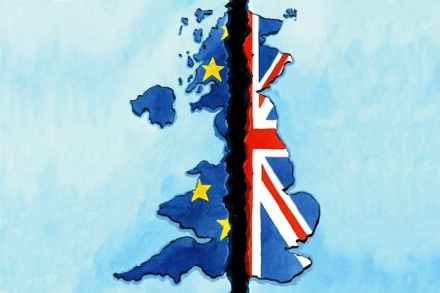High life | 10 January 2019
Gstaad The funny thing is that I was at school with a man called Ted Widmer, and I recently read that one Ted Widmer is a ‘distinguished lecturer’ at a New York university and a senior fellow at the Carnegie Council for Ethics in International Affairs. The Ted I knew was anything but ethical and dressed rather strangely. Never mind. Whether or not he was a schoolmate, Widmer has written a treatise on the year 1919 and called it ‘1919: the Year of the Crack-up’. It’s very good. Basically, he says that what took place in 1919 shaped the world for the rest of the century. One hundred years later,




















